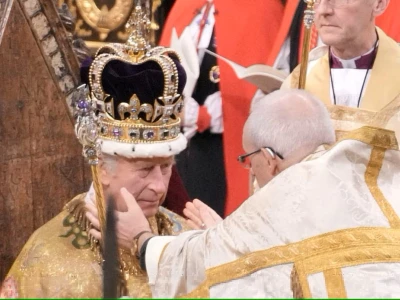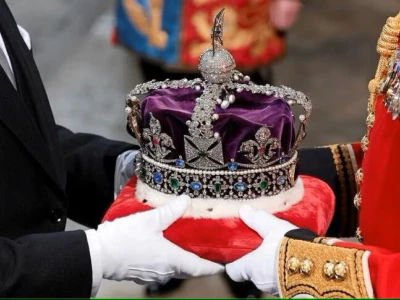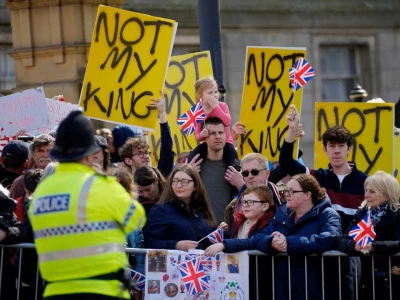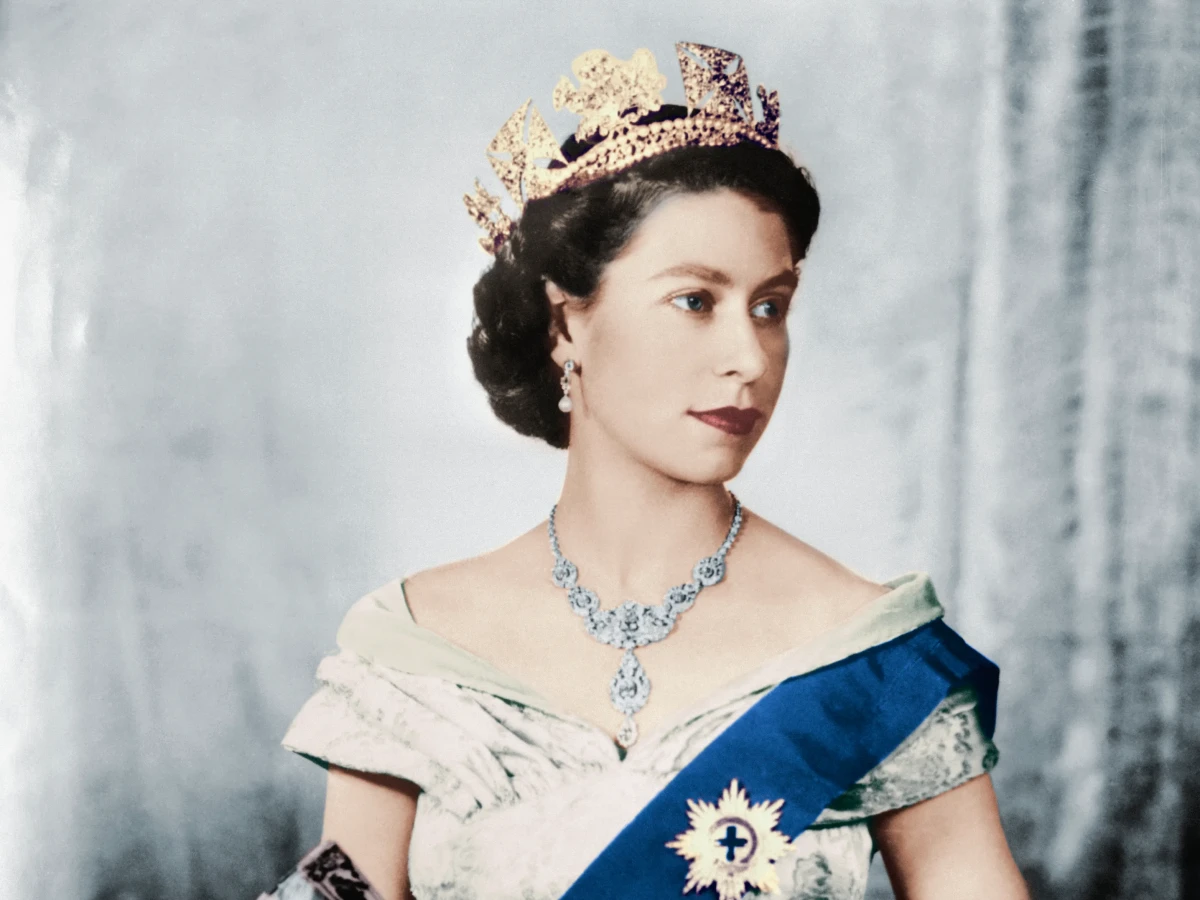
Impact of Queen’s death: Global view
Her reign of 70 years and 214 days is the longest of any British monarch and the longest recorded of any female head of state in world history.
By
Azuhaar Abdul Azeez
The queen is dead. As if a chant, these words are ringing around the world since Elizabeth Alexandra Mary of Windsor, better known as Elizabeth II, passed away on 8 September.
Taking independent, religiously exclusive and economically developing nations like ourselves into context, people keep asking each other; why is her death such a big deal?
Let’s see
Elizabeth II was not just the Queen of England; she was Queen of Canada, New Zealand, Jamaica, Australia, Papua New Guinea and 9 other countries all over the world.
She was Queen of the United Kingdom and other Commonwealth realms from 6 February 1952 until her death five days ago. She was Queen Regnant (a female monarch, equivalent in rank and title to a king with absolute power and rights, as opposed to a queen consort, or a queen regent) of 32 sovereign states during her lifetime and 15 at the time of her death. Her reign of 70 years and 214 days is the longest of any British monarch and the longest recorded of any female head of state in world history.
-
With her demise, a series of global events have started their complete turnabouts. Looking at the UK itself, the biggest change is that a patriarch is back on the throne, King Charles III, as the Queen’s oldest son, and the laws that bind them implies.
-
Secondly, the Great Britain Pound is literally going to change its face. With some 4.5 billion banknotes of Queen Elizabeth cash in circulation, the Bank of England announced on 8 September that the “current banknotes featuring the image of Her Majesty The Queen will continue to be legal tender”, and further instruction on the process will be delivered once the period of mourning has been observed after the state funeral. For such a large project, the Bank of England anticipates that getting all the new money and designs into circulation will take about two years — with notes produced and distributed ahead of the coins. Postal stamps and the national anthem will be altered as well.
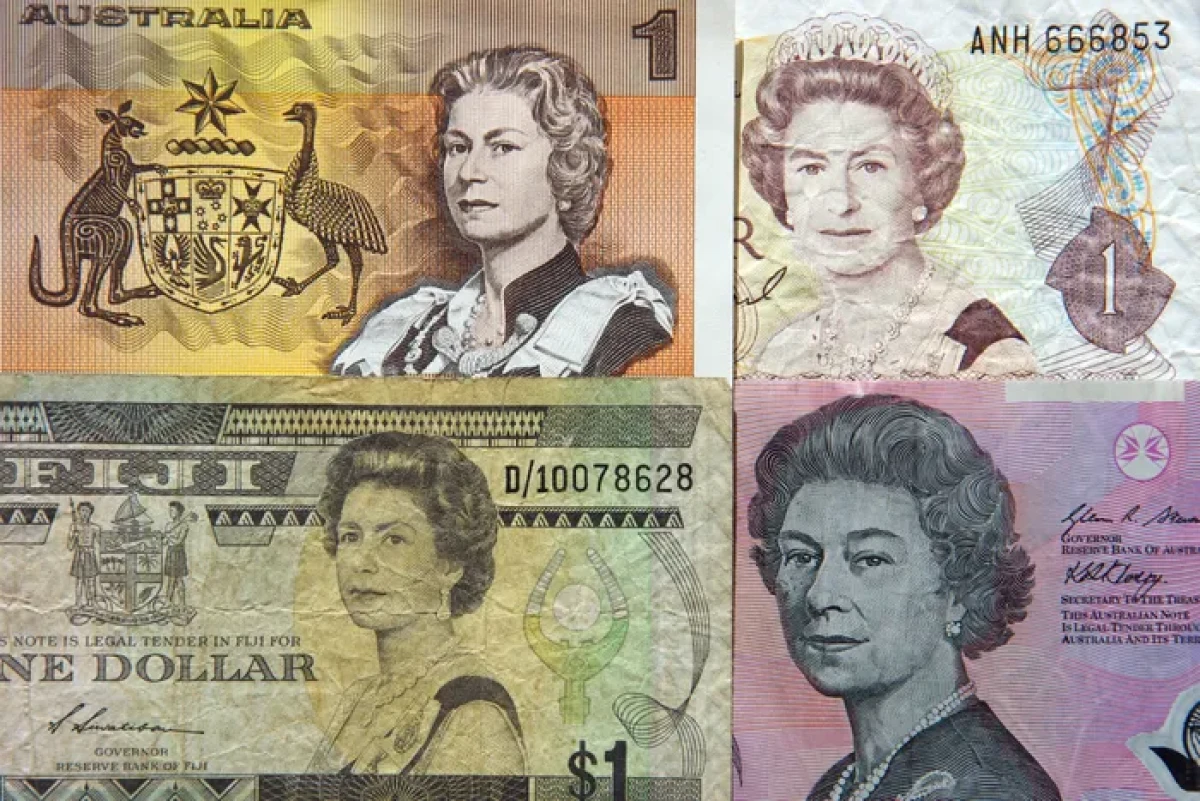
-
The queen’s death has led to uncertainty about official documents and papers which use her name as a guarantee. On the opening pages of the British passports are the words: “Her Britannic Majesty’s Secretary of State requests and requires in the name of Her Majesty all those whom it may concern …”. In addition, the queen is also mentioned in messages on the front pages of passports from New Zealand, Canada, Australia and other Commonwealth nations. The wordings in the front pages of these passports will have to be tweaked to reflect King Charles III taking the throne, and it is going to be a gradual change. People with Queen endorsed passports need not worry about the legitimacy of their passports because it will only be changed during renewal or expiry, usually 10 years from when they were issued.
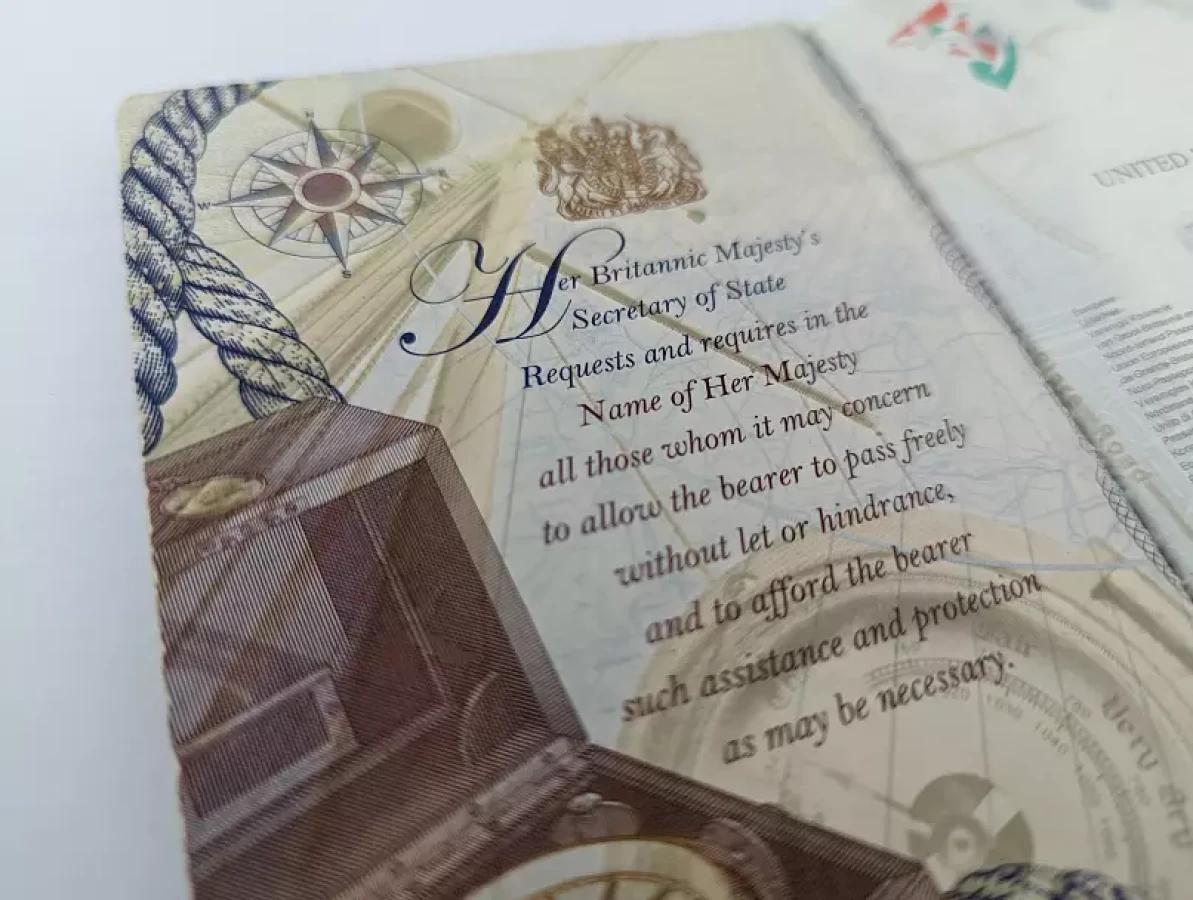
-
The queen's cipher ‘ER’ for Elizabeth Regina appears on many uniforms in the UK including those worn by police officers and the military. These uniforms will likely be updated over time with the new King's cipher ‘CR’ meaning Charles Rex. Rex is Latin for ‘King’ and King Charles had chosen the cipher himself, standing apart from his mother’s preferred initials and his own given name Charles Philip Arthur George.
-
Things will change internationally too. The Queen of England is also the queen of 15 other countries. Many of them will go into a state of mourning for ten days or more, including the tiny country of Saint Kitts and Nevis. On the other hand, once the mourning period is over, things are likely to be stirred as some of these countries under the Queen’s regime want a new beginning. They may want to break away from the English monarchy, and at least six countries have shown interest in doing that. For the longest time, the people of Jamaica have been looking to become an independent nation. They did not want to offend or part ways with the Queen, but with her death, things are different now. King Charles is not the Queen Elizabeth they adored, and with the prevalent globalisation, there is no reason for the King of Britain to also be the king of Jamaica or Papa New Guinea. While her death has revived discussions on the brutality of ancient colonial powers, the wind of change has already started to blow.
On 8 September, Buckingham Palace announced that Elizabeth was under medical supervision at Balmoral Castle in Scotland after her doctors expressed concern. The queen’s four children, along with her daughters-in-law, and grandsons Prince William and Prince Harry, had travelled to Balmoral with the news. Depicted as a glamorous "fairytale Queen" at the start of her reign, her death was confirmed that evening.
The queen had never planned to abdicate, though she took on fewer public engagements as she grew older, and Prince Charles took on more of her duties. She was a global personality that the changing world remembers as an unchanging consonant, a symbol of matriarchal power and class.
